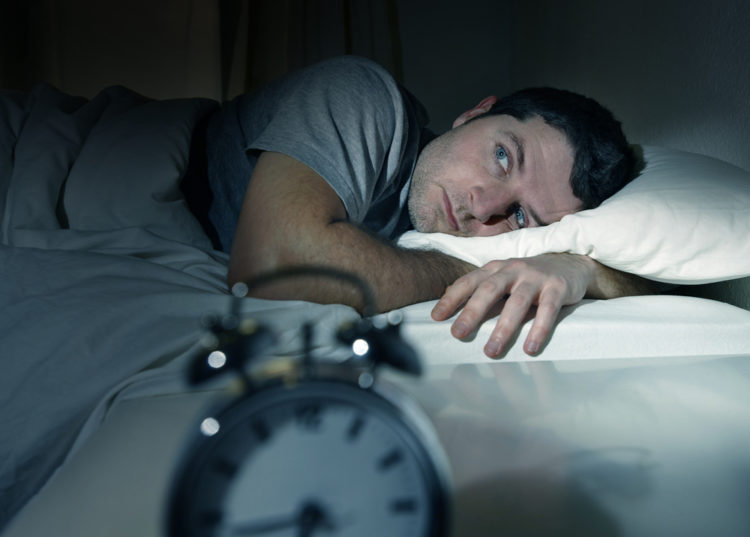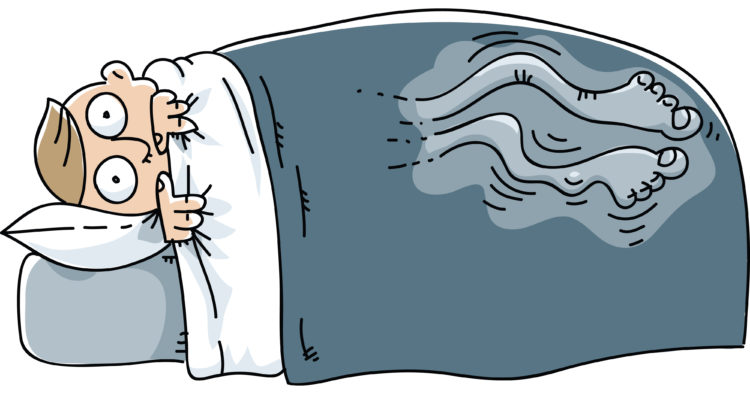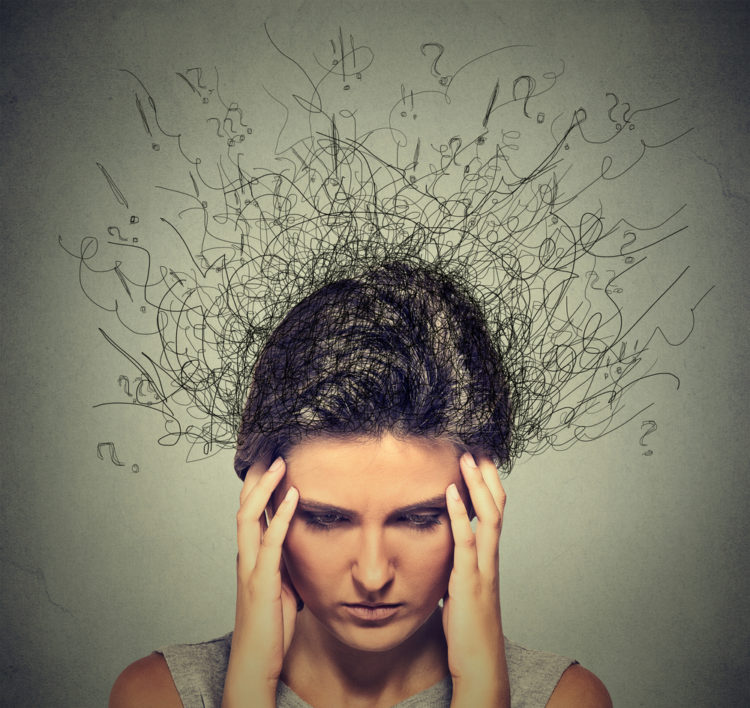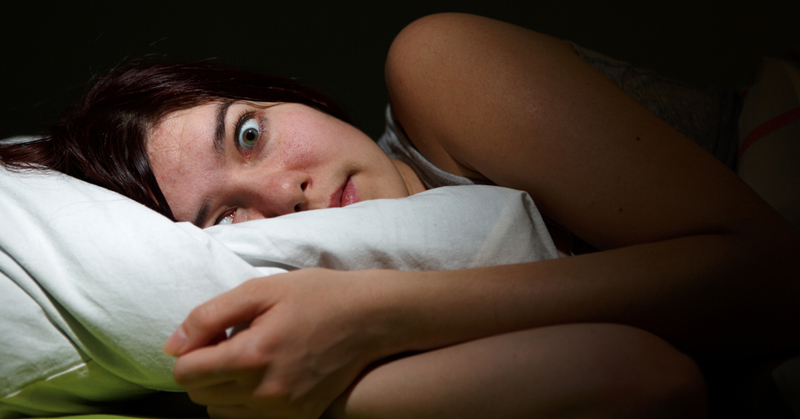Have you ever been dozing off in bed, only to be pulled out of sleep by a sudden rush or jerking motion?
It’s as if the universe glitched, spawned you at the top of a skyscraper, pushed you off, let you free fall for a moment, realized it made a mistake and then dumped you back in bed.
Scientists refer to that sensation as a hypnic jerk. 70% of people experience it at some point in their lives.
What Is It Exactly?

The space between wakefulness and slumber is known as the hypnagogic stage. During this stage, it’s easy for your brain to be ‘jerked’ back into wakefulness by something like an involuntary muscle twitch.
And that’s exactly what happens during a hypnic jerk; your muscles twitch and your brain goes, “Hey! Wake up, something’s happening!”
Why Does It Happen?
In most cases, a hypnic jerk is nothing to worry about.
In such a case, the muscles begin to relax in preparation for sleep. The brain gets confused by this, thinks the body is falling and tenses the muscles to brace for impact.
It’s just a simple misunderstanding. Usually.
For some people, a hypnic jerk can actually be a symptom of a serious health condition.
Medical Causes For Hypnic Jerks
Restless Leg Syndrome

10% of the population suffers from restless leg syndrome, which causes one to experience throbbing, painful sensations in their legs.
Researchers suspect it to be hereditary but it’s also linked to the following:
- Kidney failure
- Diabetes
- Alcohol abuse
- Sleep deprivation
Also Read: If You Get A Creeping Feeling In Your Legs At Night, This Is What It Means!
Brain Lesions
Studies have shown that hypnic jerks are more common among those with brain lesions.
Brain lesions occur when an area of brain tissue has been damaged by disease or physical trauma.
In addition to hypnic jerks, a brain lesion can in some instances cause headaches, neck pain, nausea, memory loss and seizures.
Anxiety

Researchers have noted that an individual’s risk of experiencing a hypnic jerk increases or decreases along with their stress and anxiety levels.
They’re not entirely sure why this is the case but if you suffer from an anxiety disorder and experience hypnic jerks as a result, check out this post to learn about a vitamin that can help.
Sleeping Disorders
Many sleeping disorders, such as narcolepsy, result in abnormal brain activity. This activity can include neurotransmitter changes and an increase in hypnic jerk risk.
When caused by sleeping disorders, hypnic jerks are often accompanied by paralysis and hallucination.
Have you ever experienced a hypnic jerk? Have any weird dream stories about them? Let us know in the comments!
Check out this video from DNews for more info on the hypnic jerk phenomenon!
Sources:
NerdSleep.com
WebMD
MentalHealthDaily.com
NIH.gov
KidsHealth.org
NoSleeplessNights.com


